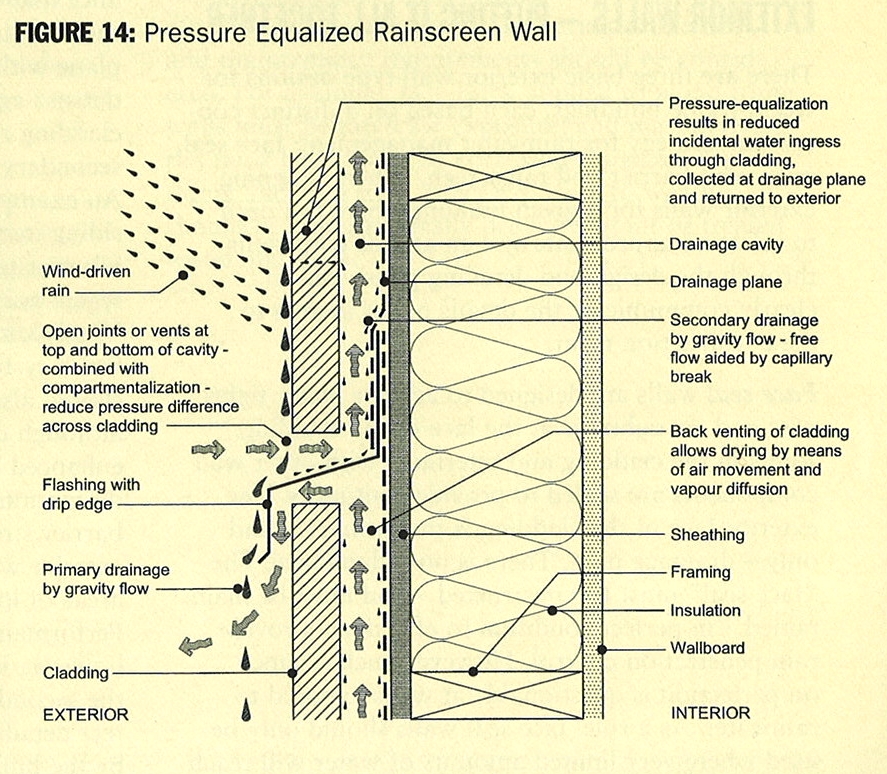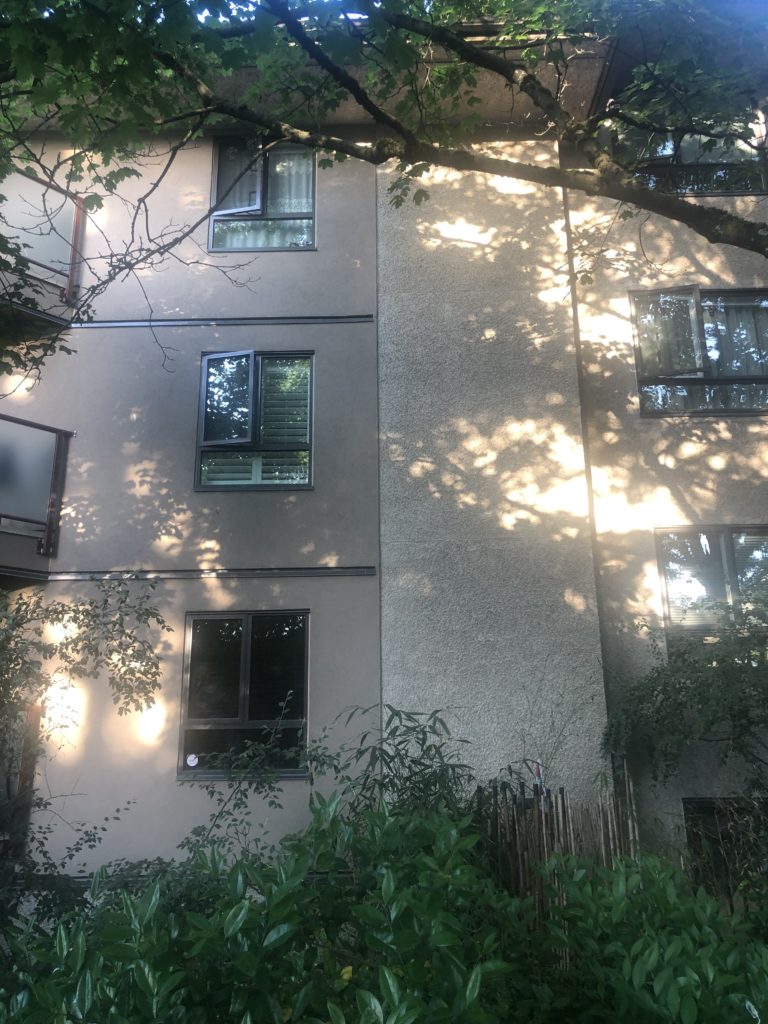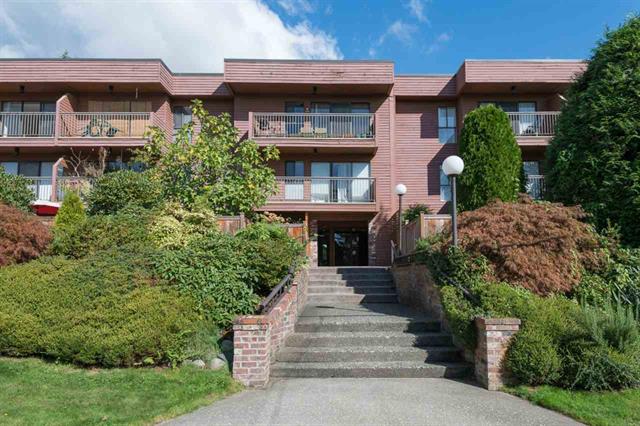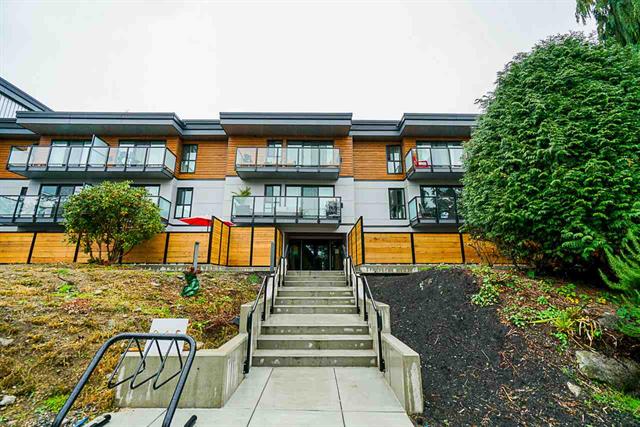Covid-19 is affecting all aspects of our lives including the Real Estate Market. With everyone trying to stay home and self-isolate this past week and likely for a few more weeks, we’re going to see what was a busy, prosperous market slow down significantly, but the expectation is that it will pick up again once we’re on the other side of this pandemic given the pent up demand.
This post is primarily for Buyers looking in a slow market, but if you’re a Seller, you’re still in a good position. There are going to be a lot of Sellers who postpone their listing so there will likely be less competition. If you bought prior to 2018 then you’ve likely made some money on your home and have some wiggle room when it comes to value. The biggest consideration to make is your next step. Are you buying again, and if so, what are you looking for? These details matter when it comes to my advice to you, so if you’re interested in chatting about what is best for you, contact me: 778-387-7371 or kristi@realestatevancity.ca.
I have a lot of clients who want to wait out the next week or to, mostly due to social responsibility but also because they anticipate the market slowing down. Everyone is asking me about timing the market, and when the best time will be to buy. Timing the Market is really, really hard:
- I always remember a quote a seasoned agent told me years ago: “How do you know when you’ve hit the bottom of the market? It’s started to go up again”. You won’t know you’re at the bottom until it’s passed you by. If you buy in a slow market, you’re likely buying close to the bottom of the market so you’ll be getting a deal anyways.
- You need to actually negotiate with Sellers to find out how low they’re willing to go.
- You need a lot of confidence to buy when no one else is willing too. After working through a few slow markets, I can tell you this is harder than it seems.
So, in order to have a chance at timing the market, you need to be active in the market. By the time most Buyers feel comfortable jumping in after the market slows down, most other Buyers will be thinking the same thing, which is when the competition increases and the market picks up again! So, my advice to you is to stay on top of the market! Your opportunity could be there next week from now, or two months from now, or in the Fall. The more you know about your options, the more prepared you’ll be to take advantage of whatever the market becomes. Keep in mind that we were just dealing with a busy, multiple offer market that started this past Fall and continued up to this week. This pent up demand is still there, and I have no doubt that once the market picks up again we’ll be back in a multiple offer market.
When you’re looking to buy in a slowing market, compare the price of what you’re looking at to the last few months. How does it compare? If it’s a better price than you’ve seen for the last few months? I’m a numbers feen so you can rest assured I’ll be comparing your options and giving you my thoughts.
For Buyers looking to make a move, slow markets are a great time to move UP the ladder. If the market drops 5%, then even if your 1 bedroom condo isn’t worth as much now as it was last month, the townhouse you’re looking to buy dropped a bigger dollar amount, so the price gap has narrowed between your purchase and sale which is really beneficial in making the jump. Slow Markets are also a great time to get into your forever home. The Vancouver Detached Market has always been competitive when it comes to a livable, well maintained home with a suite, so if the opportunity arises to jump into a good house that you’ll presumably be living in for decades, go for it.
I’ve spent quite a bit of time over the last few days reviewing stats and information from the last couple Real Estate Market slow downs: the global 2008 recession, 2016 after the Foreign Buyers Tax was introduced, and the most recent one in 2018-2019. These market slow downs have lasted anywhere from 6 months to just over a year, and in 2008 and 2016 prices surpassed the previous high. We were on pace to do that now after the slow down in 2018, but this pandemic has thrown this wrench into a busy market. So if you were actively considering purchasing a property recently and lost in multiple offer situations, and now the market starts to slow down, why would you stop looking? It just got easier to buy and no one finds a deal if they aren’t looking.
During any market, it’s a personal decision as to when to buy: everyone has to consider their current financial scenario, their career and their short and long term plans. Right now, if you have the job security and have been seriously looking for real estate over the last few months, this is your opportunity to find something with much less competition and some negotiation room. My office – Stilhavn Real Estate – has a list going of “off market” listings (Sellers who are keen to sell but don’t want to list publicly). I’ll be following this list and contacting my Buyers if a colleague of mine has a listing that would work for them.
One final thought I’d like to leave you with – in this slow market and desire to find a deal, don’t forget about finding a property that you actually like and want to live in! As much as real estate is an investment, it’s also going to be your home so make sure it’s somewhere that you feel comfortable as the longer you’re willing to live in it, the more likely you’ll be able to withstand future changes in the market.
As always, Real Estate has an overarching trend, but what the best decision is for you depends on your particular situation. If you want to chat about what’s right for you given the current and future market, contact me: 778-387-7371 or kristi@realestatevancity.ca.






